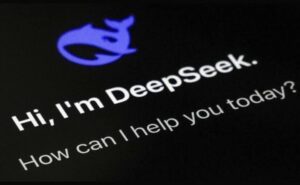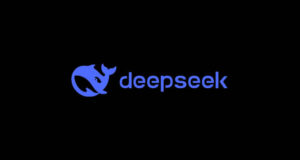Greek philosophers Plato and Socrates, long ago, discussed the ideal state and its governance. Plato asked his brother, Adeimantus, who would make the best leader for a sea voyage: a random passenger, an educated person, or an experienced captain. The captain was clearly the preferred choice.
Socrates then expanded this idea to the management of a state, questioning why we would trust just anyone with such responsibility.
Fast forward to the present, where technology has made everything more accessible, allowing people from all backgrounds to connect and share their views. This analogy can be applied to many aspects of our modern lives. Consider this: would you heed the advice of a random passenger or that of a well-trained, educated individual, akin to an experienced captain? Let me elucidate further.
The random passenger embodies someone who has made no effort to familiarize themselves with the subject matter at hand. They are a mere bystander, lacking any understanding of how things work and displaying no inclination to learn. On the other hand, the well-trained, educated individual has immersed themselves in knowledge, grasping the fundamentals of the subject and comprehending the correct course of action. Finally, the experienced captain is an individual who possesses both education and practical experience.
Regrettably, what I observe among today’s youth is a deliberate reluctance to acquire the necessary knowledge about their pursuits. This apathy is conspicuous even in the most rudimentary online discussions. When an influencer initiates a topic, the initial comments set the tone for the entire conversation. Only a handful take the time to read, analyze critically, and form personal conclusions. We are too quick to say something rather than saying the right thing.
To illustrate this point, let us reflect on recent events. I personally studied a certain individual for some time now, I noted his expertise and dedication to his field, resisting numerous temptations to deviate. Yet, individuals who haven’t even had a fraction of that experience have accused him without merit.
So, who holds more credibility – the random passenger, the well-trained, educated individual, or the experienced captain? Merely investing 10 minutes to research the subject would transform you into a well-informed individual, capable of drawing an educated conclusion.
A former chairman was lawfully removed from his position due to various offenses. The individual who assumed the role following this verdict expressed disagreement with another person. No one bothered to consider the fact that this individual had dedicated over two decades to the cause. Nor did they acknowledge the circumstances of the other person’s departure. Likewise, little thought was given to the individual whom the other person supports, despite being accused of crimes. Instead, we readily criticize an individual who has done nothing wrong.
This reflects a concerning approach to critical issues that urgently requires cessation. It is a conscious effort to assassinate individuals’ characters without any thoughtful consideration. We tend to favor person A over person B solely because of our personal preferences, neglecting circumstances and objective facts. This approach rapidly erodes our society. Instead of verifying facts and scrutinizing details, we mimic the behavior of random passengers, selecting only those individuals we prefer.
As a social commentator, I have noticed this trend in the digital world. Social media platforms are rife with people merely echoing the sentiments of random passengers, rather than taking a few moments to read and engage as well-trained, educated individuals.
I firmly believe that as youth, our voice grows stronger with each passing day. Even those whom I currently consider random passengers are actively participating, which is a significant accomplishment. Nevertheless, to ascend to the next level, we must become well-trained, educated individuals. This requires dedicating a few seconds or minutes to thoroughly engage with discussions (not just the comment section). By doing so, we can gain a deeper understanding of the topics, employ critical thinking from multiple perspectives, and form independent judgments, rather than relying on the opinions of others. With consistent effort, we can become experienced captains. As the future, we possess the capacity to shape our nation through our voices and decisions, provided they are made wisely.
Mofe Boyo, an artiste, wrote in from Lagos.











